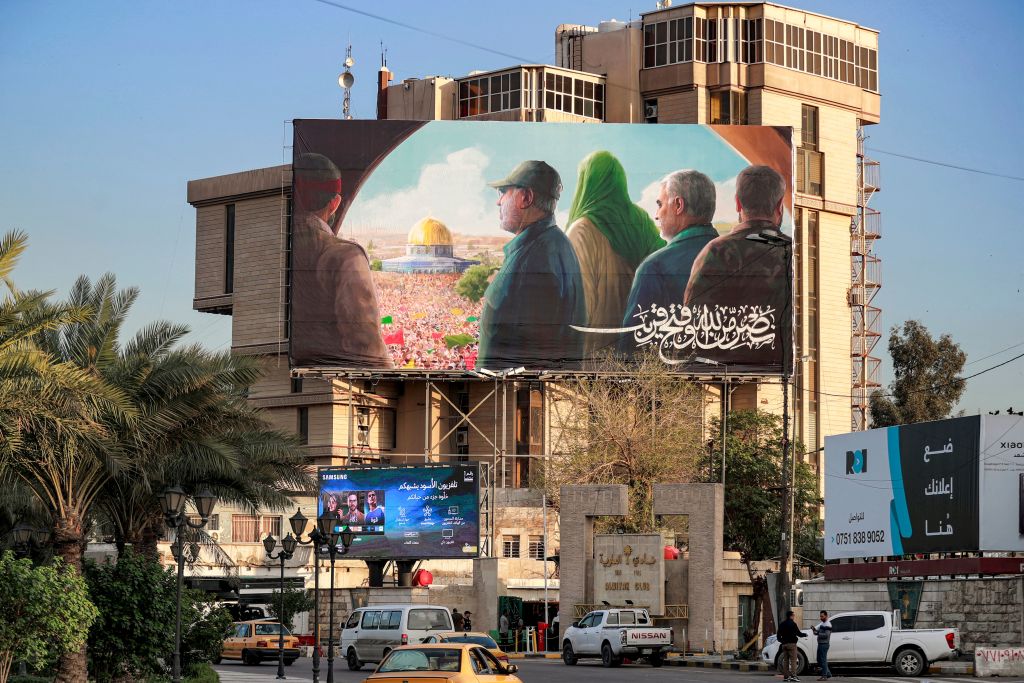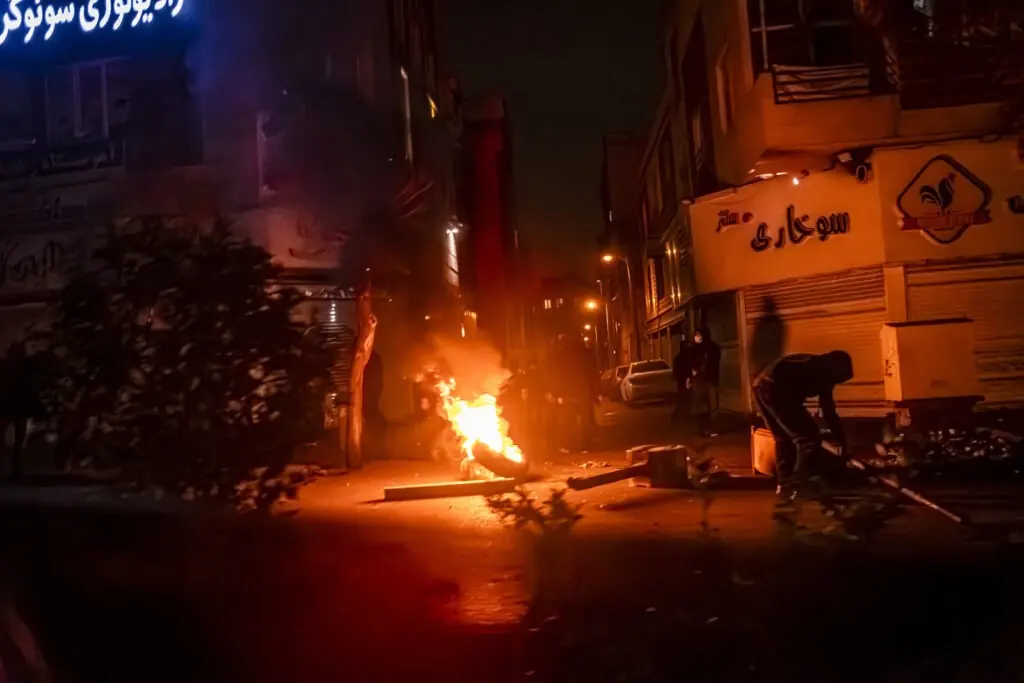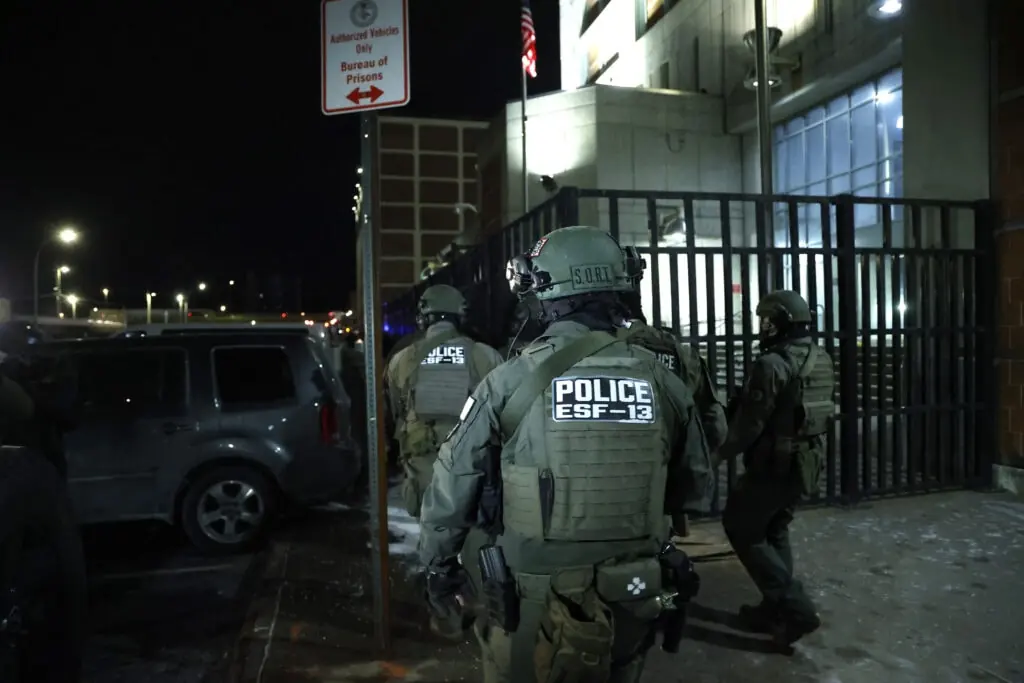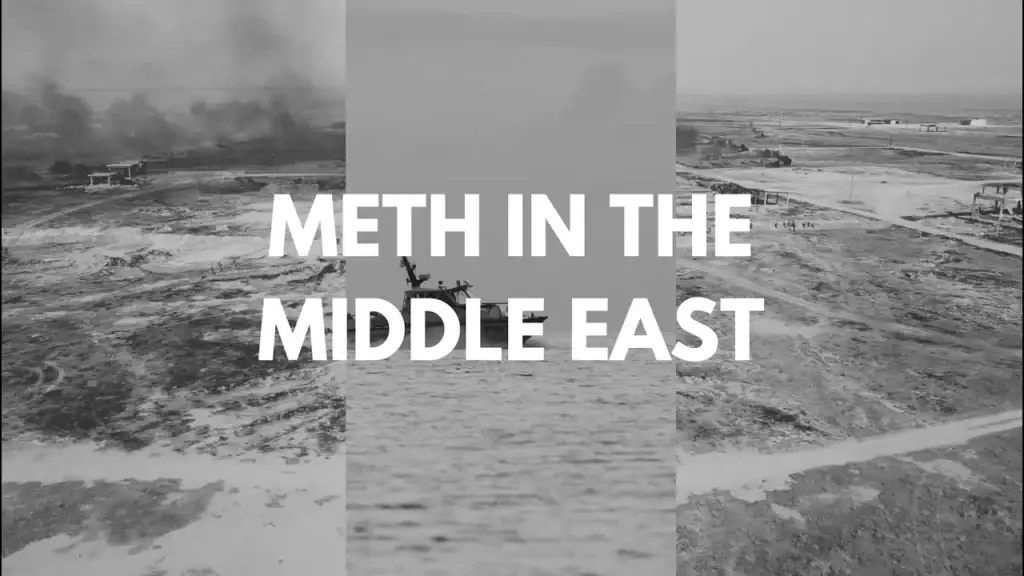
Tracing the Role of Violent Entrepreneurs in the Post-Conflict Iraqi Economy
Despite their recent poor performance at the ballot box in comparison to the 2018 parliamentary elections, the Shiite political parties associated with Iraq’s Popular Mobilization Forces (PMF) have remained important brokers with sufficient power to steer the government’s decision-making process. Nevertheless, accusations over the PMF’s controversial involvement in the post-conflict economy have cast a shadow over the paramilitary’s initial street legitimacy grounded in their contribution to the war against the self-proclaimed Islamic State organization. Especially with newly appointed Prime Minister Mohammed Shia al-Sudani vowing to fight corruption and mitigate the effects of graft on the country’s economic development, the PMF’s allies in the administration might face more pressure to tackle the self-serving ventures of an array of hybrid armed actors exploiting their varying degrees of affiliation with the state-recognized paramilitary umbrella.
A manifestation of this pressure to clean up the PMF’s image and to further legalize the economic ambitions of its leaders and affiliates has been the move to establish a state company under the Popular Mobilization Authority, which would then provide cover and capital for myriad operations in the field of post-conflict reconstruction and development. The penetration of the Iraqi state by these hybrid violent entrepreneurs juggling multiple identities and moving between the legal and the extralegal space continues to compromise the country’s security sector. Being in some cases legalized by the state as part of the wider PMF structure, these entrepreneurial security providers have managed to identify multiple ways of exploiting the post-conflict economy.
Moreover, state authorities’ failure to obstruct their means of profit generation has often been seen by both outside observers and Iraqi civilians as a sign of tacit consent or, even worse, capitulation before the omnipresence of paramilitarism and armed politics. Focusing specifically on the “militia-preneurship” ascribed to commanders affiliated with the wider network of the state-sanctioned PMF, this paper seeks to illuminate the foundations of their money-making schemes.
One of the most controversial components of the PMF’s footprint on the Iraqi economy is the widely criticized appetite of some of its numerous affiliates for monetary profit and political influence. Various revenue-generating schemes ascribed to undisciplined PMF proteges have in some cases led interviewed participants to accuse the paramilitary of serving as a cover for Mafia-like practices outside the established legal framework, e.g., ghost soldiering, property grabs, arbitrary taxation of checkpoints, oil smuggling, kidnapping, and extortion.
The views expressed in this article are those of the author and not an official policy or position of New Lines Institute.




